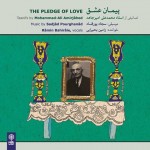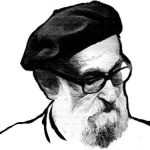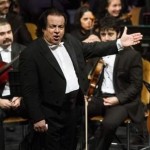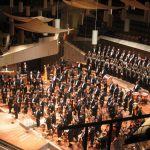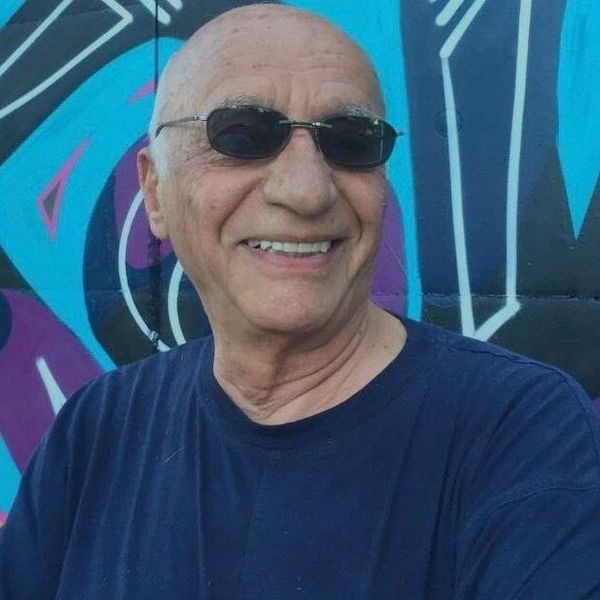
This year marks the fifth anniversary of the passing of Khosrow Jafarzadeh (Khosrow Djafar-Zadeh), a distinguished architect and pioneering researcher of Iranian music, whose contributions to the magazine “Harmony Talk” have left an indelible mark on the field. The absence of this remarkable individual has significantly impacted the expansion and advancement of his theories, which are heralded as some of the most progressive in the history of Iranian music.
In reflecting on Jafarzadeh’s legacy, it is essential to highlight one of his most pivotal influences on Iranian music literature—a topic that has stirred debate for nearly a century. In a series of insightful articles, Jafarzadeh sought to answer a fundamental question: “What is the difference between Western music and Iranian music?” His seminal work, “Critique of the Historiography of Iranian Music,” published in 2000 in the ninth issue of the quarterly journal Mahour Music, stands out as a cornerstone of this discourse.
Further enriching this dialogue, Jafarzadeh’s work was complemented by a translated article from Alexander L. Ringer titled “Islamic Culture and the Emergence of Polyphonic Music in Europe,” which unveiled additional dimensions of his theory.
For years, Iranian musicians have engaged in fervent debate over the applicability of Western harmony techniques to Iranian music. Many argued against this integration, asserting that Iranian music belongs to an Eastern tradition that fundamentally differs from its Western counterpart. In response, Jafarzadeh meticulously detailed the historical evolution of musical cultures worldwide, crafting a comprehensive atlas that illustrated the interconnectedness between Iranian music and Western harmony.
It is crucial to acknowledge the views of Morteza Hannaneh, a prominent figure who staunchly opposed the harmonization of Iranian music with Western principles. In his influential book “The Lost Steps,” Hannaneh inadvertently showcased an intriguing parallel between Iranian and Greek music. Given that Western classical music also traces its roots back to Greek traditions, Hannaneh found himself ensnared in a paradox, suggesting that perhaps Iranian music has been overshadowed by its Greek counterpart and lost to history. He even lamented that there is no longer a way to uncover “that song sung by an Iranian soldier at the borders of Iran!”
Hannaneh exemplified a type of researcher who prioritized his assumptions over empirical findings, often clinging to them without sufficient justification. In stark contrast, Jafarzadeh’s “Critique of the Historiography of Iranian Music” urged scholars to abandon the flawed dichotomy that categorized Iranian music as merely Eastern when juxtaposed with Western music.
A pivotal piece that further substantiated Jafarzadeh’s thesis was authored by Mohsen Hajjaryan in “An Introduction to Ethnomusicology,” where he extensively explored the connections between Iranian and Greek musical traditions.
Today, as we reflect on this longstanding debate, it is clear that Khosrow Jafarzadeh’s groundbreaking research has played an instrumental role in resolving these discussions. His fearless exploration of these complex topics has paved the way for a deeper understanding and appreciation of Iranian music within a global context. May his memory continue to inspire future generations.
